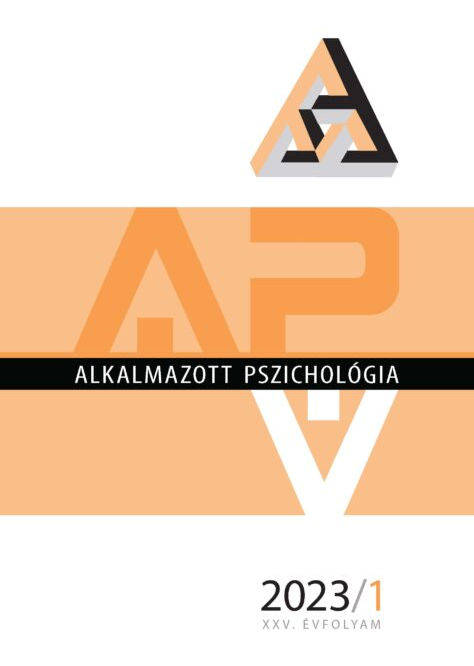The psychological effects of video games and characteristics of problematic gaming among higher education students during emergency remote teaching
DOI:
https://doi.org/10.17627/ALKPSZICH.2023.1.51Keywords:
video games, coping mechanism, gaming disorder, Covid19, higher educationAbstract
Background and aims: The social isolation caused by the pandemic could imply a decrease in academic persistence and effectiveness, against which online gaming as a tool for community building could prove to be an excellent method. During our research, we interpreted online gaming as a coping mechanism, which is not only a tool for maintaining relationships but could be a supportive method in coping with difficult situations. Furthermore, from previous studies, we know that during mentally burdensome situations like the pandemic, negative effects of online gaming could also emerge, for example, the gaming disorder, thus the investigation of this possible negative effect was also part of our research. The main question of our study was: what effects of gaming had emerged during the pandemic in the case of the higher education student, furthermore had online gaming nourished or set back the effectiveness of coping with difficult situations and the quality of their relationships with fellow students.
Method: During our research, we used both quantitative and qualitative methods. The quantitative sample was the „Learning Alone” project database (N = 677), while during the qualitative method we applied half-structured interviews (N = 19).
Results: Participants predominantly used video games as a means of reducing tension and engaging in recreational activities. Gaming also served as a tool for maintaining relationships with others. While participants reported experiencing at least one negative effect related to gaming disorder in their everyday lives, none of the participants exhibited the full characteristics of gaming disorder.
Conclusion: Online gaming was primarily perceived as a conscious recreational activity among the participants, serving as a solution to mitigate social isolation and maintaining relationships. Overall, the research identified online gaming as a positive activity that nurtured effectiveness in coping with challenging situations.
